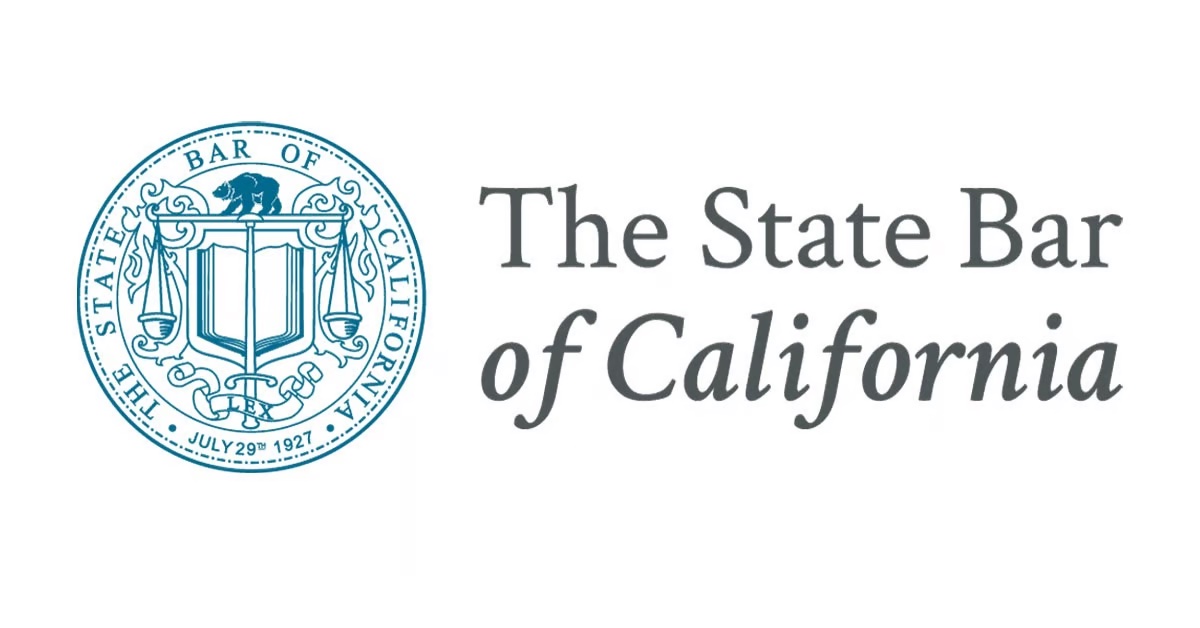and Probate Law Firm
Trust Protector
A trust protector in California, as in other jurisdictions, is an individual or entity appointed to oversee and protect the interests of a trust and its beneficiaries. The trust protector’s role is to ensure that the trust is administered and managed according to the grantor’s intentions, even if circumstances change or unforeseen issues arise. As a Folsom lawyer experienced in estate planning, I advise clients on the pros and cons of using a trust protector. Here are some key points about trust protectors in California:
- Appointment and Powers:
- The appointment and powers of a trust protector are typically defined within the trust document, such as the living trust. California law allows for significant flexibility in establishing the role and authority of a trust protector.
- Duties and Responsibilities:
- The specific duties and responsibilities of a trust protector can vary widely based on the trust document. Common responsibilities may include:
- Reviewing trust accountings and financial reports.
- Approving or disapproving certain trustee actions.
- Appointing or removing trustees.
- Resolving disputes among beneficiaries.
- Amending the trust document under specified circumstances.
- The specific duties and responsibilities of a trust protector can vary widely based on the trust document. Common responsibilities may include:
- Limitations and Parameters:
- California law allows the grantor of the trust to define the powers and limitations of the trust protector. The trust document should clearly outline the scope of authority and any specific guidelines or restrictions.
- Fiduciary Duty:
- Depending on the trust’s terms, a trust protector may owe a fiduciary duty to the beneficiaries. This means they must act in the best interests of the beneficiaries and the trust, exercising their powers prudently and in good faith.
- Succession and Removal:
- The trust document can specify how a successor trust protector is appointed if the original trust protector is unable or unwilling to serve. It may also outline the process for removing a trust protector.
- Duration of Appointment:
- The trust document should specify the duration of the trust protector’s appointment or any events that trigger the termination of their role.
- Beneficiary Rights and Protections:
- Beneficiaries typically have the right to challenge the actions of a trust protector if they believe the trust protector is not acting in accordance with the trust document or their fiduciary duties. Courts may intervene if necessary to protect the beneficiaries’ interests.
- Professional Guidance:
- When establishing a trust with a trust protector, it is advisable to work with an experienced estate planning attorney in California who can help draft clear and legally sound trust provisions that define the role and responsibilities of the trust protector. Legal guidance can ensure that the trust protector’s actions align with state law.
Conclusion
Trust protectors can play a valuable role in ensuring that a trust remains flexible and adaptable to changing circumstances while still fulfilling the grantor’s intentions. However, the appointment of a trust protector should be carefully considered and documented to prevent conflicts and legal disputes. Consulting with a knowledgeable Folsom estate planning attorney is crucial when creating a trust that includes a trust protector to ensure that all legal requirements are met. If you have any questions about estate planning or trust protectors, contact Thapar Law at 916-579-0605 or send us a message.







